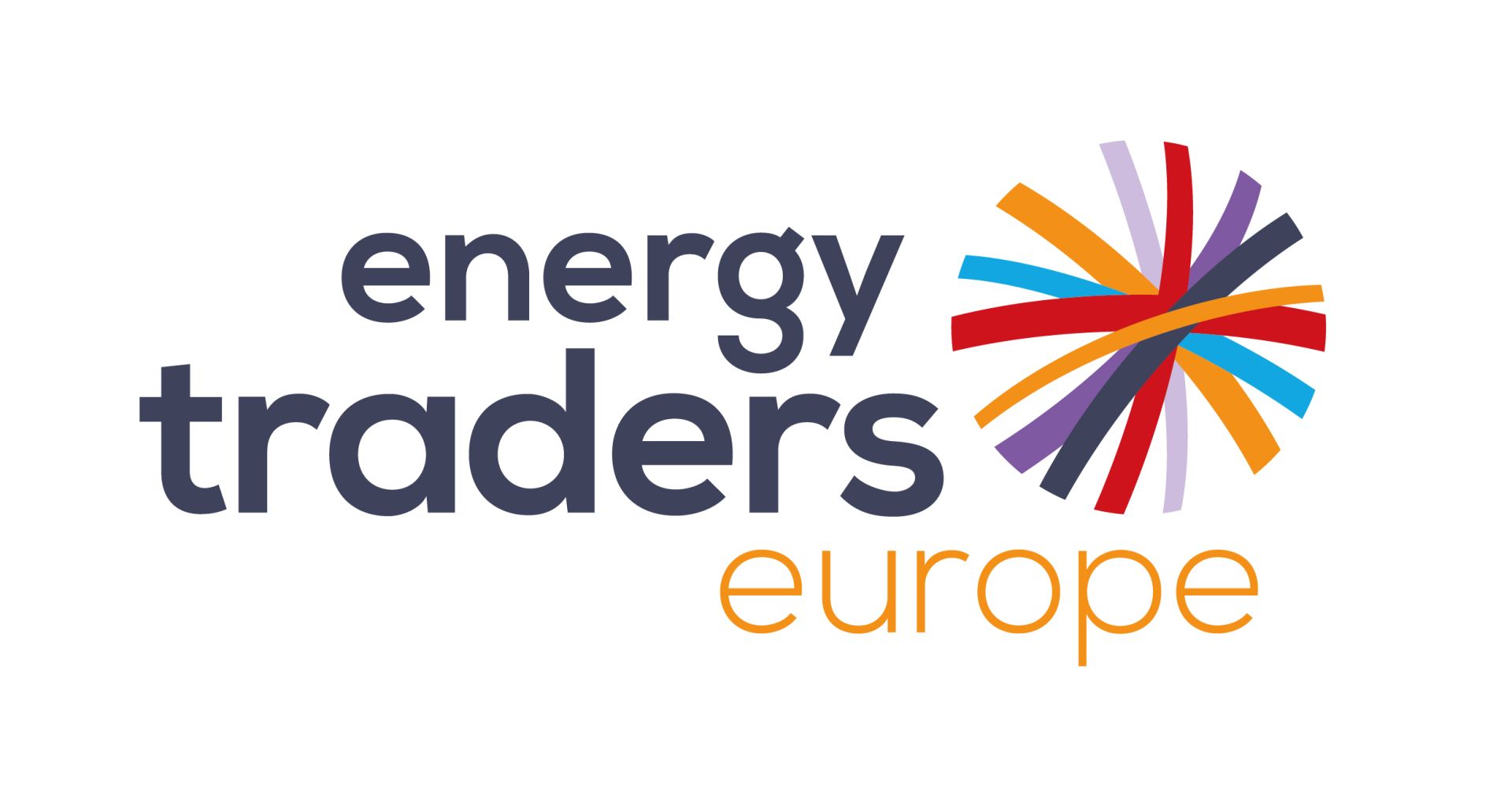The Roadmap to Becoming an Energy Trader in Europe: Skills, Markets, and Mindset
Key points:
- Why energy trading is booming in Europe (renewables, volatility, market liberalization)
- Career paths: trading desks, utilities, hedge funds, specialized trading houses
- Essential hard skills: data analysis, risk management, derivatives, market design
- Soft skills: resilience, quick decision-making, communication
- Steps to start: education, internships, simulation platforms
- Mindset: discipline, resilience, and fast decision-making
- Education & certifications (finance, engineering, energy economics).
- How (this) academies & trading simulations accelerate careers.
Energy trading has become one of the most exciting and dynamic career paths in Europe. With the rise of renewables, market liberalization, and constant price volatility, skilled traders are more in demand than ever before.
But what exactly does an energy trader do, and how can you start your journey in this fast-moving field?
Career paths are diverse.
Some traders work in utilities, balancing energy supply for millions of households. Others join global trading houses or hedge funds, where profit-driven strategies dominate. Specialized energy trading firms also hire graduates and analysts who show strong quantitative skills and market curiosity.
So, how do you start?
A strong academic background in economics, engineering, or finance provides the foundation. Internships at utilities, banks, or trading houses can open doors. Many aspiring traders also practice on simulation platforms, which recreate real market conditions and build confidence before stepping onto a professional desk.
But what exactly does an energy trader do, and how can you start your journey in this fast-moving field?
Day-to-day life of an energy trader involves monitoring electricity, gas, and carbon markets, analyzing price movements, and executing trades within seconds when opportunities arise. Traders rely heavily on data—weather forecasts, grid flows, and market reports—to anticipate supply and demand imbalances that drive prices.
Europe’s energy markets are booming because renewables create unpredictability. The sun doesn’t always shine and the wind doesn’t always blow, making power prices highly volatile. On top of that, cross-border trading and liberalized markets mean energy now flows freely across countries, opening up countless opportunities for trading strategies.
Career paths are diverse.
Some traders work in utilities, balancing energy supply for millions of households. Others join global trading houses or hedge funds, where profit-driven strategies dominate. Specialized energy trading firms also hire graduates and analysts who show strong quantitative skills and market curiosity.
To succeed, you’ll need the right hard skills: data analysis, risk management, derivatives trading, and a deep understanding of European market design.
But equally important are soft skills like resilience under pressure, lightning-fast decision-making, and clear communication with colleagues and counterparties.
But equally important are soft skills like resilience under pressure, lightning-fast decision-making, and clear communication with colleagues and counterparties.
So, how do you start?
A strong academic background in economics, engineering, or finance provides the foundation. Internships at utilities, banks, or trading houses can open doors. Many aspiring traders also practice on simulation platforms, which recreate real market conditions and build confidence before stepping onto a professional desk.
Becoming an energy trader in Europe isn’t easy. But for those who thrive in fast-paced, data-driven environments, it’s one of the most rewarding careers the modern economy has to offer.
Copyright © Energy Traders Europe - Tech Partner: Symantra

